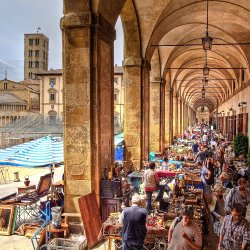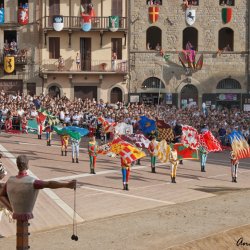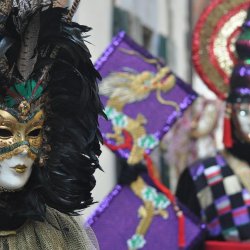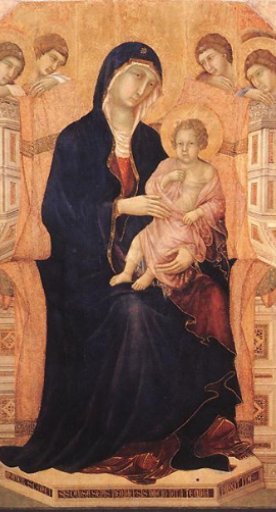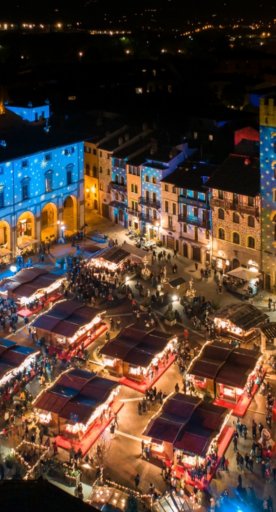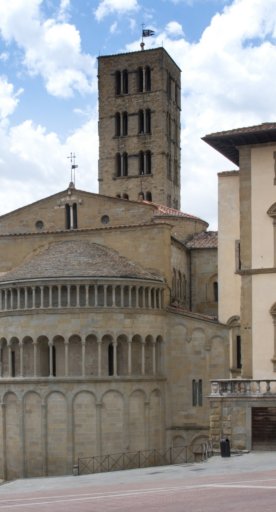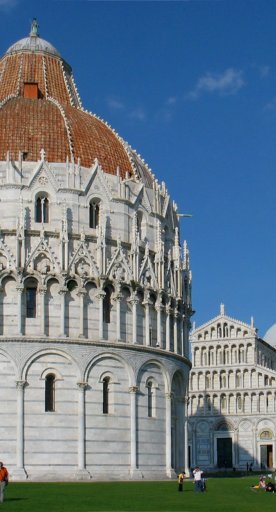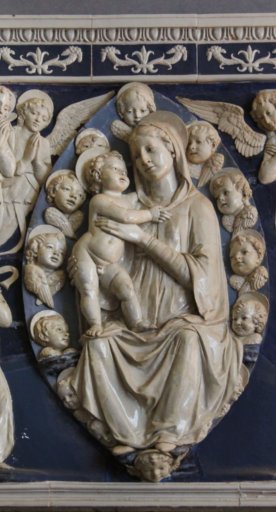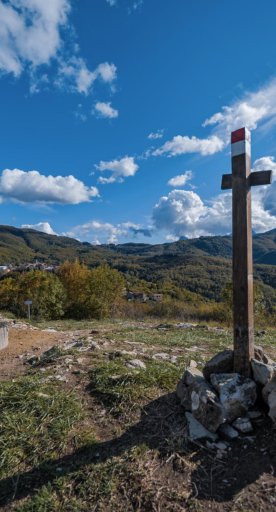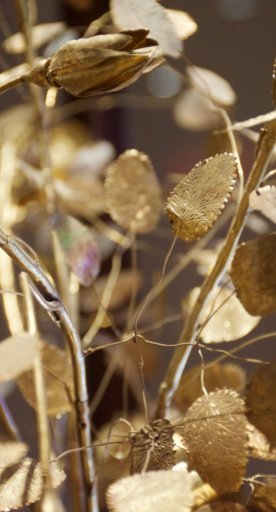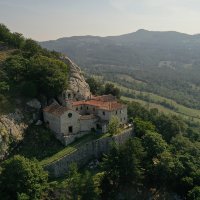One day in Cortona
From Etruscan days to Frances Mayes
In the new millennium, the fairytale hilltop town of Cortona tends to draw visitors who are dreaming of Tuscany after watching Diane Lane live la dolce vita in Under the Tuscan Sun, the film adaptation of Frances Mayes’ beloved memoir, in which Mayes restored a “fixer-upper” of a villa in the countryside. With the olive groves dotting the area and the panoramic views from the top of the town walls, it’s easy to see why so many visitors fall in love with this typically Tuscan town. But long before Lane or Mayes ever landed here, Cortona was brimming with reasons to visit—for more than 2000 years, in fact. While highlights from the movie may reel you in, here are some reasons to stick around and explore.
What to see and do

Begin your day in piazza della Repubblica, centerpiece of Cortona and formerly the Roman forum of the town. (Notably for Under the Tuscan Sun devotees, this is also the spot where Diane Lane’s character goes market-hopping in the movie). Standing over the square is the Palazzo Comunale, a 12th century structure in the Romanesque style (with additions over the centuries), originally intended for town meetings. You’ll immediately notice its quaint clock tower, but in a town like Cortona, where life moves at a more relaxed pace, you’ll hardly be worried about the actual hour.
A quick walk takes you into the adjacent piazza Signorelli, one of the filming locations for Under the Tuscan Sun—the fountain scene, to be specific (although the fountain was added for the film and does not exist here). Thankfully, there’s something even better: one of Cortona’s main attractions, the MAEC (Museum of the Etruscan Academy and of the City of Cortona) is housed in the square’s Palazzo Casali, which is named for a noble Cortona family who built it in the 13th century and owned it until the early 15th. (As we said, time works a little differently around here). Despite the building’s 13th century origins, its current appearance can be traced back to the first half of the 17th century.
Inside, however, are the real treasures. Perhaps the best-known of all the objects in the permanent collection is the Tabula Cortonensis or Cortona tablet, a bronze Etruscan tablet believed to document the details of a local legal transaction, and a rare lengthy example of the written language of Etruscan civilization. Also famous is the Etruscan Bronze Lamp of Cortona, which was discovered by chance in La Fratta, approximately 2.8 km west of Cortona. Besides these highlights, the MAEC regularly hosts high-level temporary exhibitions.
After dipping into Etruscan history, try exploring some (relatively) recent structures. Make your way to the nearby via Roma to visit the Baroque church of San Filippo Neri, remarkably the last church to be built in Cortona (in 1720). Its façade is not particularly noteworthy, so many visitors miss it, but once again, the memorable must-sees are inside: prominent Venetian painter G.B. Piazzetta’s depiction of the Madonna and Child is among the standout pieces.

Finally, major Frances Mayes fans should tack two villas on to their visits. Villa Bramasole is the house described in the book and can be reached via a pleasant walk through the Giardini del Parterre. Pass the tennis club and continue on viale Passerini uphill for about 1km and you’ll come to Bramasole on your left. Feeling any interior designer urges come on yet?
Bramasole was not featured in the film adaptation: scenes were shot at Villa Laura because Mayes had already renovated the former and the crew needed a shabby house in need of a makeover to use as the set.
You’ll find after just a single day in and around town that there’s plenty more to fall in love with… and you’ll understand why Mayes and so many others continue to preach the Cortona gospel.

